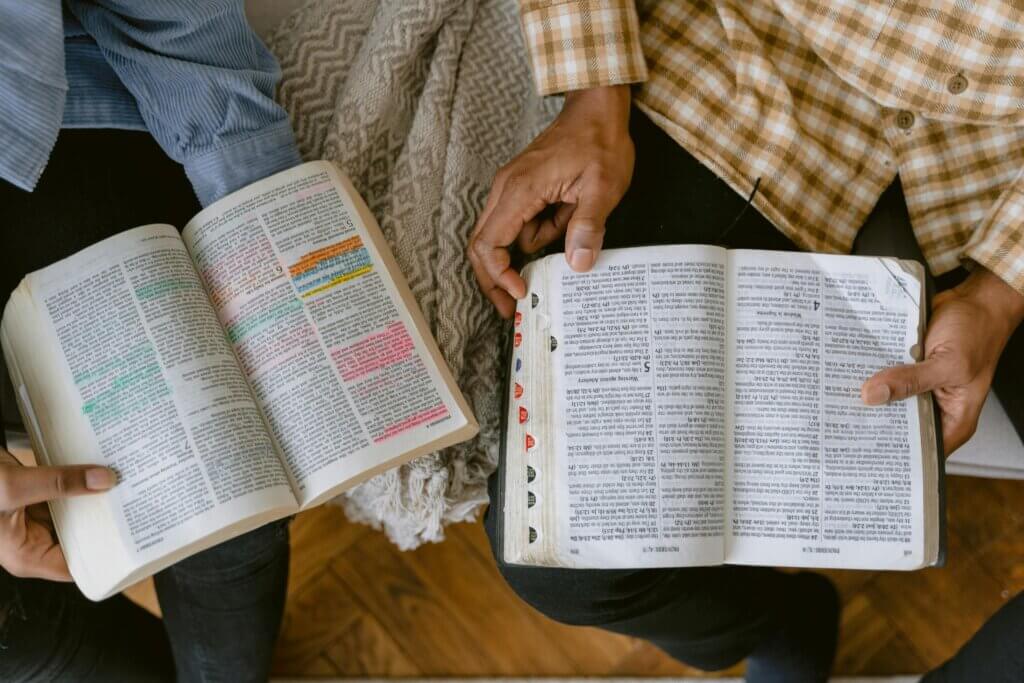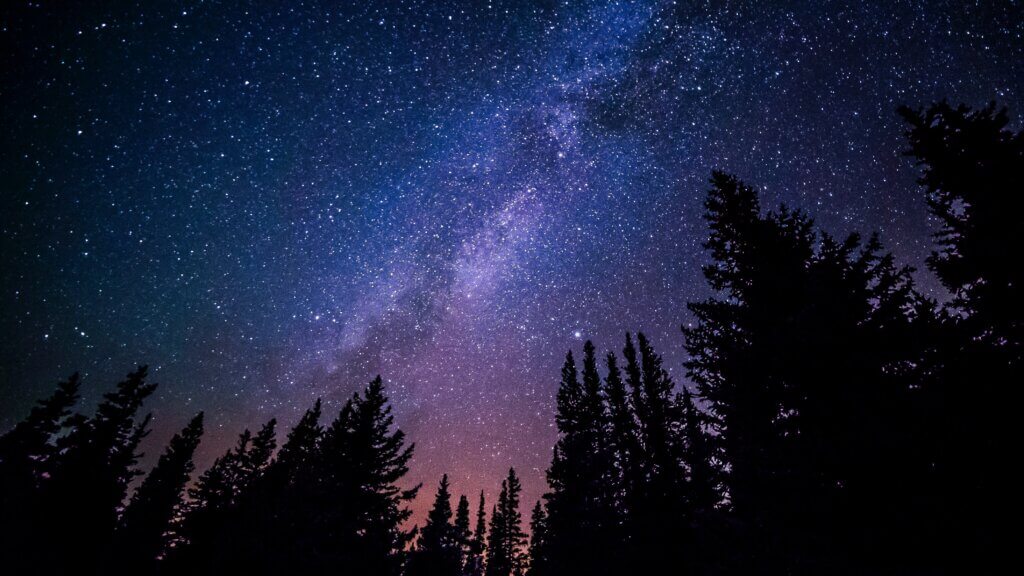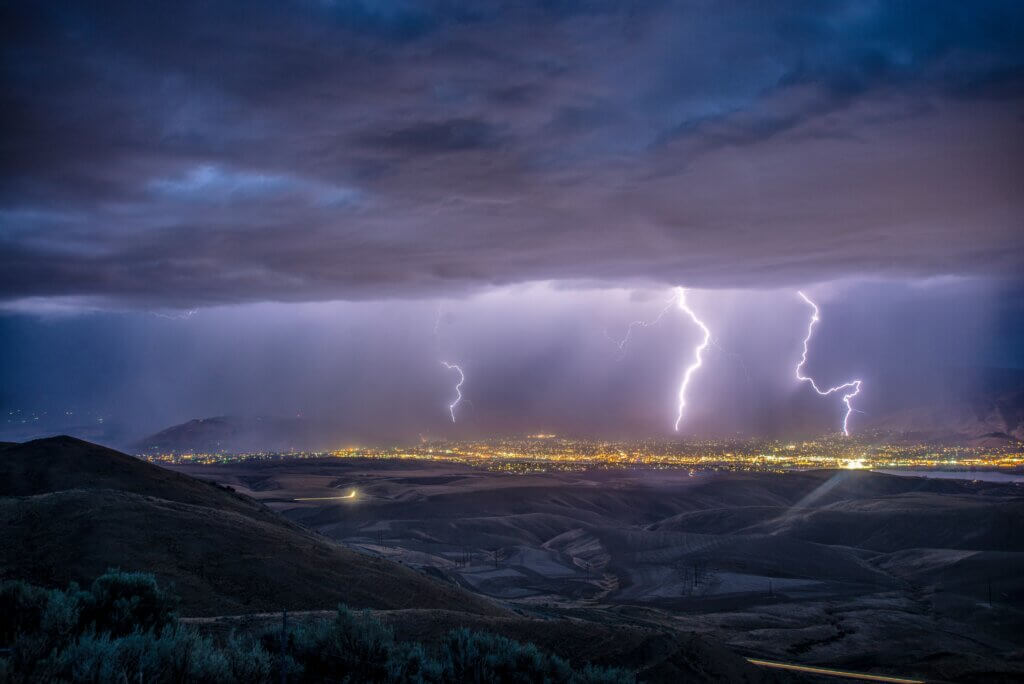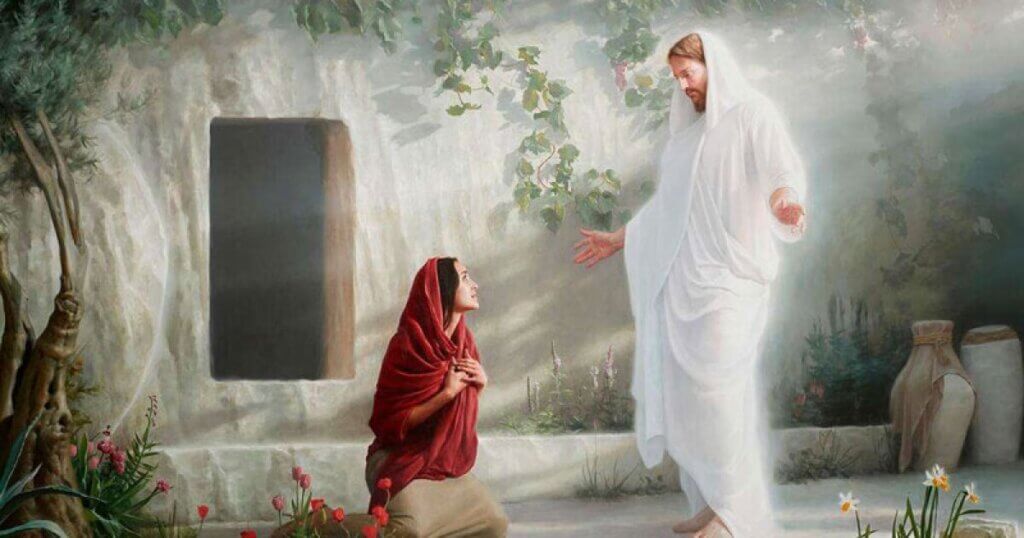A Covenant of Life and Covenant with Death
Breaking God’s Laws and Changing His Ordinances Sets the Stage for Covenant Curses to Follow The earth lies polluted under its inhabitants: they have transgressed the laws, changed the ordinances, set at naught the ancient covenant. The curse devours the earth, for those who dwell on it have incurred guilt; because of it the population […]
A Covenant of Life and Covenant with Death Read More »













